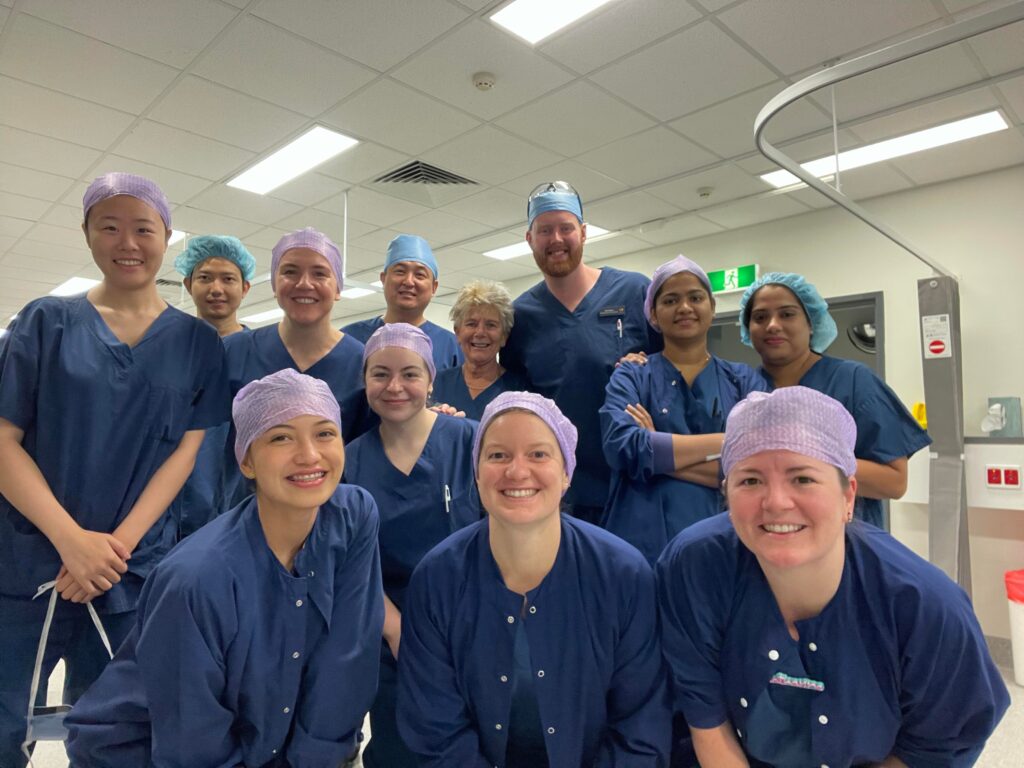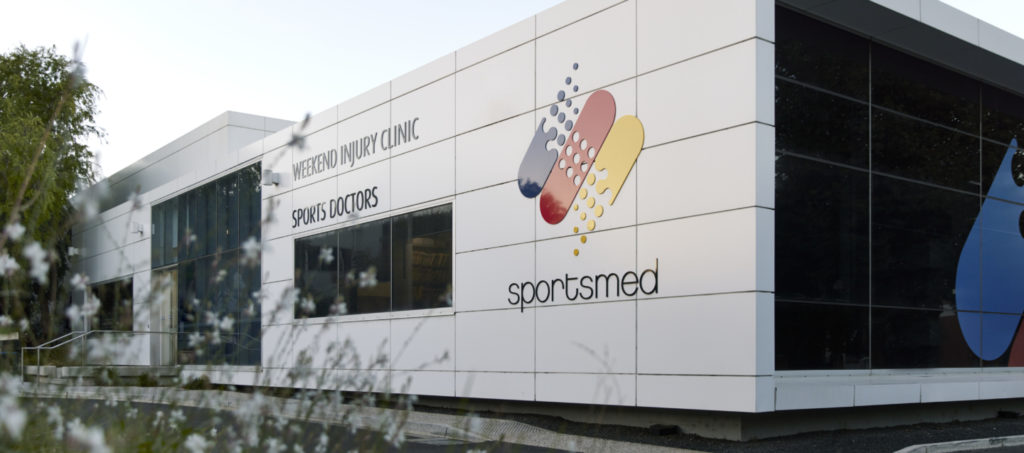In recent years, there has been considerable controversy in Australia regarding surgery for degenerative tears of the medial meniscus. Critics cite epidemiological studies to support their view that such surgery is of no benefit and in many cases probably harmful (Buchbinder,R and Harris,I, Editorial, Medical Journal of Australia;197:364-5, 2012). And yet, knee surgeons continue to perform large numbers of partial meniscectomies in active people over the age of 40, adamant that in most cases patients are much better off than if the surgery had not been carried out.
There have been international studies that have randomised patients, sometimes with proven meniscus tears, to have an arthroscopy, but to either have the tear resected or not. Those studies have concluded that the surgery makes little or no difference (Jarvinen,T, Sihvonen,R, et al, Arthroscopy The Journal of Arthroscopic and Related Surgery 32(6):e24, June 2016; Khan,M. et al, Canadian Medical Association Journal, August 2014; Sihvonen,R, et al New England Journal of Medicine, December 2013).
A perceived problem with these studies is how the subjects are selected to be randomised. Could it be that those who are suffering with pain enough to have definitely required the surgery, had the operation outside of the study, and that only those with more marginal indications for the surgery consented to take the chance that they would have an arthroscopy, but that they may or may not have the meniscectomy? In addition, there are peculiarities in statistical analysis that may complicate a clear understanding of the true outcomes (Editorial, Arthroscopy: The Journal of Arthroscopic and Related Surgery, Vol 32, No 11 (November), pp 2187-2190, 2016).
To try to resolve this controversy, it is very important for us to know what the likelihood is of a successful outcome for the patients that knee surgeons see with definite mechanical symptoms from a torn medial meniscus.
In Dr Paterson’s study (presented to the Australian Knee Society meeting in October 2016), every patient who had a medial meniscectomy under his care over a five-year period was asked to fill out a questionnaire. The results from the 50% or so who responded to the questionnaire have led Dr Paterson to produce statistics that provide guidance and recommendations to patients of the relative risks versus benefits of surgery in such circumstances. From this evidence, it can be concluded that at an average of four years after a medial meniscectomy, over 70% of people are very happy to have had the surgery and gone on to a very good recovery.
They are reassuring numbers, but indicate that this surgery is not completely reliable. Successful operations are generally expected to produce 85% good or excellent results.
It has been suspected for some time that about 5% of knees with degenerative medial meniscus tears become worse after an arthroscopy, going on to rapid arthritis and leading to a knee replacement sooner than might otherwise have been the case. We cannot know for sure whether or not these knees would have so rapidly deteriorated if the surgery had not been performed, however it is very important to warn everybody set to have a medial meniscectomy over the age of 40 that this is a statistical risk.
In addition, there were 25% or so who got over the surgery okay, but for whom the underlying wear and tear either steadily became worse over time or eventually started to catch up with them later on. Not surprisingly, the worse the wear and tear of the joint surfaces at the time of the surgery, the greater the likelihood of the knee becoming worse in the following few years, however it was not completely predictable.
What was a bit of a surprise, was that those aged 40 to 55 did not recover from the surgery any better than those aged over 55, and may in fact have had a slightly higher chance of being no better off. This may indicate that they were the patients more prone to earlier degeneration of their knees than those who came to surgery at an older age. It does serve as a warning that having a meniscectomy at 45 does not mean that you will recover any better than someone having the same surgery at the age of 60.
Another unexpected finding was how long it took most people to reach maximum recovery after what is considered minor surgery. While initial recovery often occurred within a few weeks or so, the average recalled time that it took to reach a full recovery was five months.
So what does all this mean? Firstly, and most importantly, it means that both surgeons and patients must approach such surgery with caution and with an awareness of the variability of the possible results. As a general rule, we should try to give the knee every possible chance to settle down with at least three months of relative rest and possibly anti-inflammatory treatment and/or physiotherapy as appropriate.
On the other hand, there are some who have an otherwise normal knee who suffer a traumatic medial meniscus tear, who just need to get on with the necessary surgery sooner rather than later, just as we would do for younger patients. For those however with degenerative meniscus tears, the key takeaway is that just because an MRI reports a torn medial meniscus, it does not necessarily mean that an operation is appropriate. It is a matter for discussion of the pros and cons, and likely outcome with each individual patient, based on their specific circumstances, and with experienced clinical judgment from the surgeon.
References
1. Buchbinder,R and Harris,I. Editorial, Medical Journal of Australia; 197:364-5, 2012
2. Jarvinen,T, Sihvonen, R et al. Arthroscopy The Journal of Arthroscopic and Related Surgery 32(6):e24, June 2016
3. Khan, M, et al. Canadian Medical Association Journal, August 2014
4. Sihvonen, R, et al. New England Journal of Medicine, December 2013
5. Editorial, Arthroscopy: The Journal of Arthroscopic and Related Surgery, Vol 32, No 11 (November), pp 2187-2190, 2016.
contact
Dr Roger Paterson is an orthopaedic sports specialist at sportsmed with a special interest in knee, hip and ankle conditions. If you would like to make an appointment or enquiry with Dr Paterson, contact 08 8362 7788 or email ortho@sportsmed.com.au.



